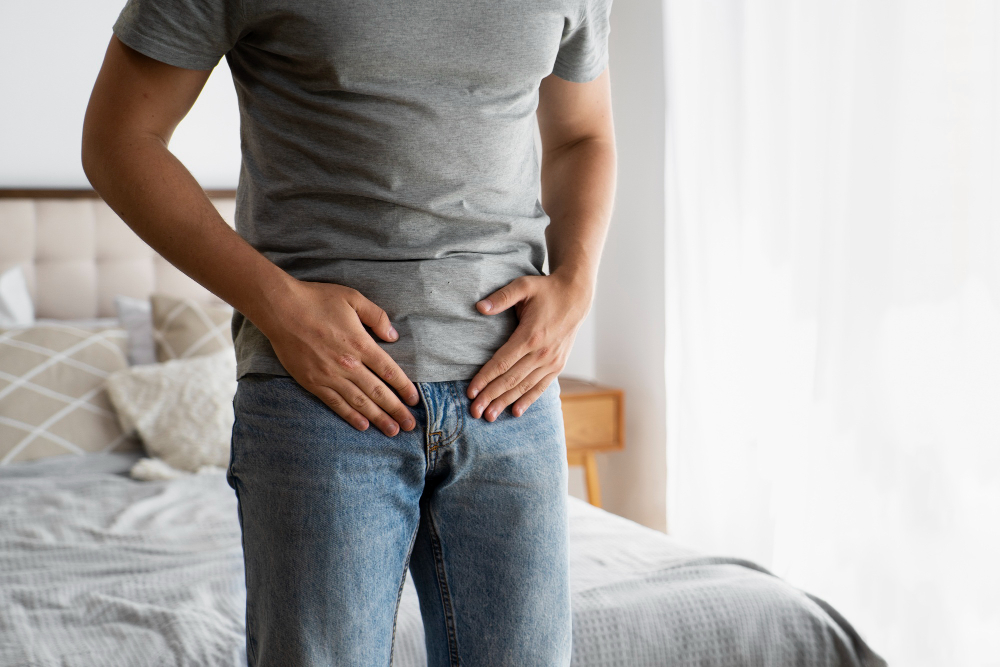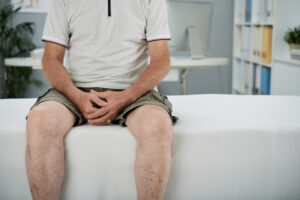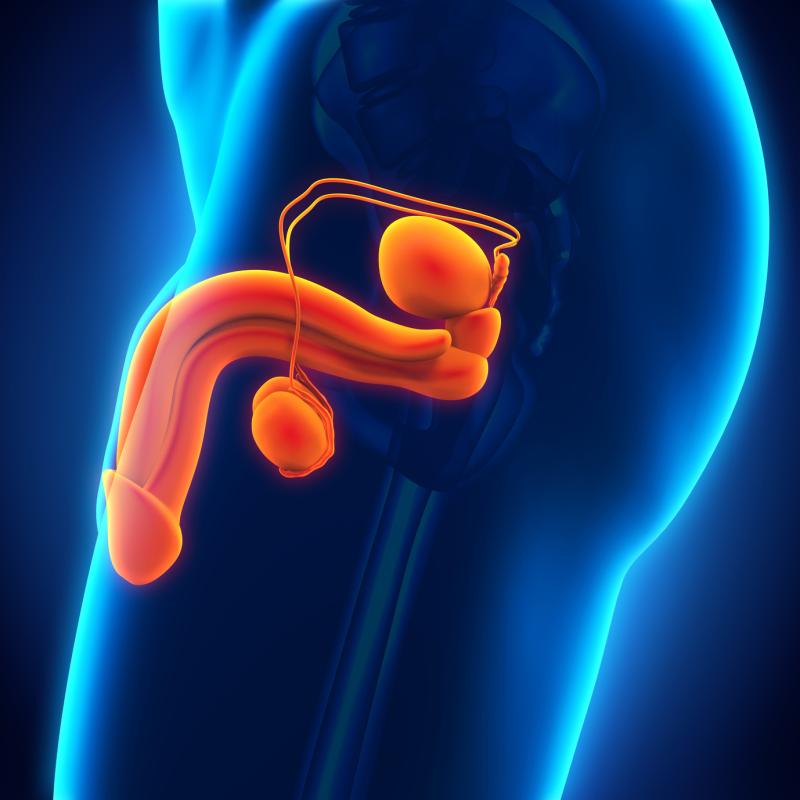Varicocele Symptoms
It is a condition that occurs in the veins around the testicles. It refers to swollen veins that usually appear in the sac of the testicles called the scrotum. Varicocele symptomsmay damage the normal functions of the reproductive organs. In some cases, it can cause pain or infertility.
One of the most common reasons is the location of the testicles and the characteristics of their venous anatomy. The left testicular vein runs towards the left kidney, while the right testicular vein drains directly into the inferior vena cava. The steeper the angle between the vein on the left side and the left renal vein, the more likely it is to develop on the left testicle.
Varicocele may occur as a result of impaired blood circulation in the veins that feed the testicles. Impairment in blood circulation causes the testicles to not carry enough venous blood and to accumulation. Venous insufficiency can lead to dilation of the veins and progression of complaints.
What is Varicocele?
Circulation problems are more common on the left testicle. Because the left testicular vein (spermatic vein) moves directly to the left kidney. Meanwhile, the right testicular vein flows directly into the inferior vena cava (large vein). Because the angle between the left testicular vein and the left renal vein is steeper, blood flow in this area may be more difficult. This may pave the way for the development of varicocele.
Men with a family history of varicoceles may be at risk of developing this condition. Genetic factors may play a role in disorders in the vascular structure or valve system. In conclusion varicocele symptoms can trigger its development.
Prolonged standing and intense activity can cause temporary disruptions in the blood circulation of the testicles. Such physical activities may accelerate the development of the disease or existing symptoms.
What are the symptoms of varicocele?
Patients may experience pain, discomfort, swelling, feeling of heaviness or vascularity in the testicles. However, in some cases there may be no symptoms. It can be detected incidentally during a physical examination or investigation of reproductive problems.
It may not cause any symptoms in some men. However, some patients may experience the following symptoms. It can often be associated with mild or moderate pain or discomfort in the testicles. This pain can often increase after standing for long periods of time or after physical activity.
It can cause swollen veins in the testicles, which can be felt as swelling or enlargement. Vascularity or protrusions may be observed in the scrotum (scrotum). Varicocele symptoms Secondly, it can create a feeling of heaviness or fullness. This feeling can often increase throughout the day or after standing for long periods of time.
It can negatively affect sperm production in men and cause infertility. However, infertility is not always associated with varicocele. For example, most men with the diagnosis can produce normal levels of sperm.
What Triggers Varicocele?
Varicocele is a condition that can often lead to infertility in men. It is not known exactly why this condition causes infertility. However, it is thought that disorders in the blood flow of the testicles may negatively affect sperm production.
The triggering factors for the development of the disease have not been fully determined. However, the following factors are thought to increase the risk.
- The risk of developing it may be higher in men with a family history of it.
- Usually in young men starting from adolescence varicocele symptoms can develop. However, the risk of occurrence may increase with advancing age.
- Excessive physical activity and standing for long periods of time cause problems in the blood circulation of the testicles.
- The vein of the left testicle runs directly to the left kidney, while the vein of the right testicle drains into the inferior vena cava. A steeper angle between the left testicular vein and the left renal vein increases the likelihood of varicocele development on the left testicle.
Triggering activities should not be done.
How is Varicocele Surgery Performed?
The treatment process planned by the specialist doctor may vary depending on the symptoms and infertility problems. It is not necessary in men with mild symptoms and no desire to have children. However, surgery is often recommended for men with symptoms such as pain or infertility. During surgery, blood flow is regulated, usually by ligating or closing the high-pressure section of the testicular vein.
Varicocele symptoms It is important to consult a urologist for more information and a correct diagnosis. These specialists can share appropriate treatment options with you based on your symptoms. They can make further evaluation when necessary.








